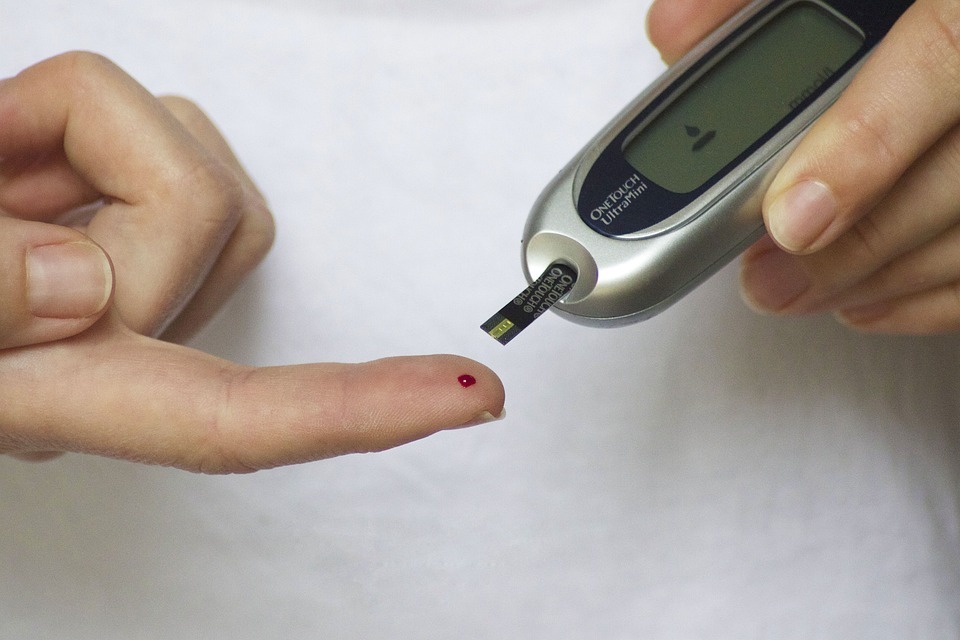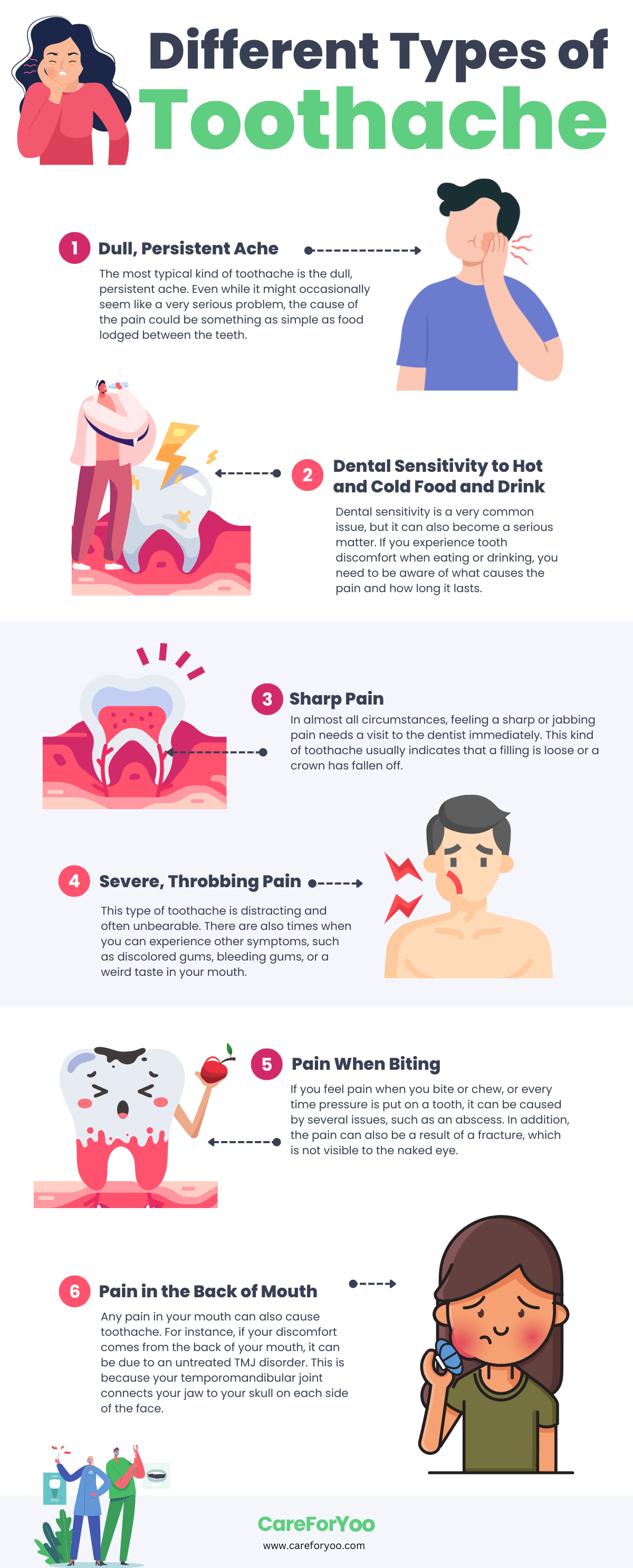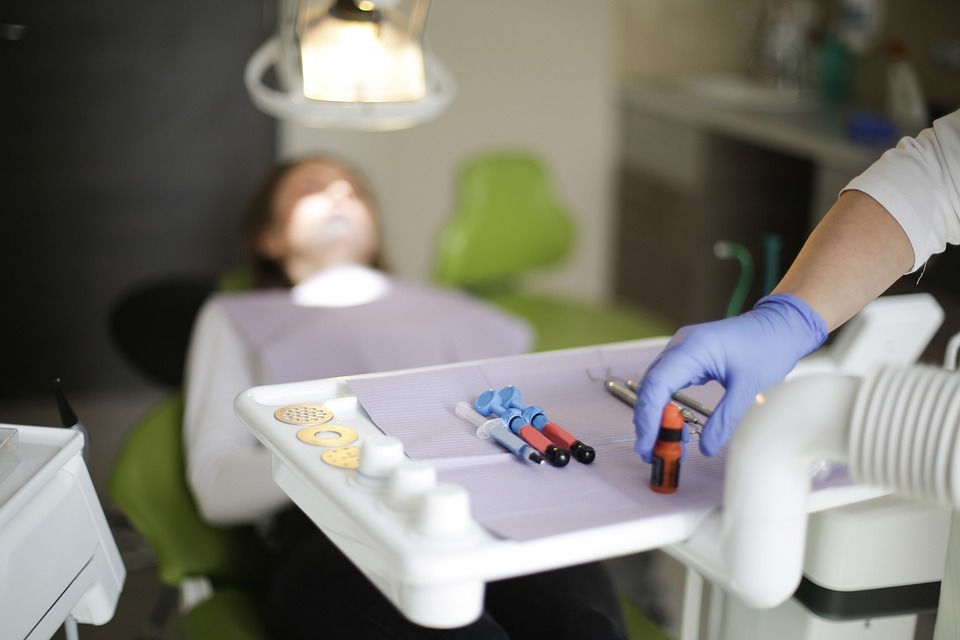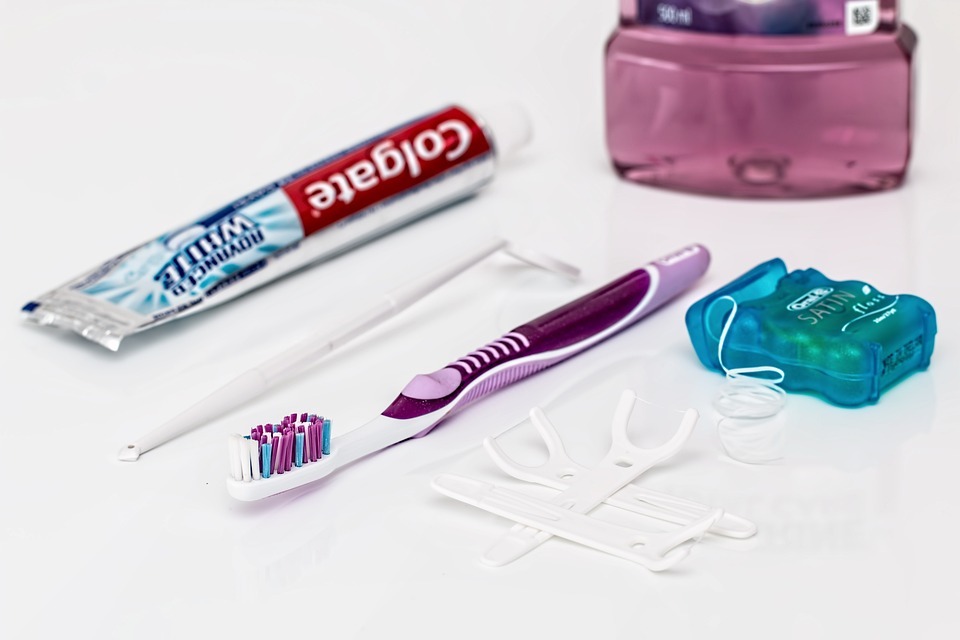Self-care is all the rage these days, and it’s easy to see why. Taking the time to care for our physical, mental and emotional health can help us feel strong and capable. Life stressors seem to be more manageable when we take the time to practice some self-care. But oftentimes, we forget to include dental care in our self-care routines.
When’s the last time you went to the dentist? Generally, dental visits should take place at least every six months for preventive care. But for some, it’s been so long since they’ve seen a dentist that they don’t even remember why it matters.
Keeping up with regular dental checkups and practicing good oral hygiene habits are important parts of self-care and can greatly impact your health and wellbeing. Good oral health also plays an important role in the overall health.
This article will explain why dental care is an important part of self-care, the link between oral health and overall health, what dental care practices are considered to be self-care activities. It also covers the benefits of good dental care as part of self-care, how dental care can support mental health, and the importance of dental care for different life stages.
The Link Between Oral Health and Overall Health
Taking good care of our oral health is essential to improving overall health and wellbeing. Here’s why:
Systemic Diseases
Poor oral hygiene has been linked to systemic diseases such as diabetes, heart disease, dementia, stroke, respiratory issues, and even some cancers. In order to avoid these conditions, it’s important to take good care of our teeth and gums through regular dental checkups.
If left untreated, tooth decay and gum diseases can cause a sharp or severe toothache and lead to more serious issues like infection, tooth loss and even facial disfigurement. Therefore, good oral hygiene is essential in maintaining good overall health and reducing the risk of chronic disease.
Impact of Oral Health on Mental Health
In addition to affecting the physical health, poor oral health can also impact mental health in several ways. Poor teeth and gums are associated with the feelings of low self-esteem and depression due to a lack of confidence when smiling or speaking in the public. Good oral hygiene can provide a sense of confidence, which has been linked to improved mental wellbeing.
Studies have shown that having bad teeth or gum disease can lead to feelings of anxiety and depression in some individuals. The good news is that regular dental care can help improve mental health by reducing stress levels and improving sleep quality.
Importance of Regular Dental Checkups
Regular trips to the dentist are important in monitoring your oral health and ensuring any problems are caught early on before they can turn into more serious issues. It is recommended that you visit the dentist at least once every six months for a checkup and cleaning, making sure that any problems with teeth or gums are addressed in a timely manner.
Dental Care Practices as Part of Self-Care
Self-care should encompass all activities that can help you look and feel your best, from healthy eating to regular dental care.
Brushing And Flossing
Good oral hygiene habits such as brushing and flossing should be essential parts of a self-care routine. To maintain good oral hygiene, it’s important to brush your teeth twice a day for around two minutes, preferably using a soft bristled toothbrush and fluoride toothpaste. It helps remove plaque from teeth surfaces and prevents cavities from forming.
It is also recommended that you floss once every day using waxed floss or an interdental brush (for those with larger gaps between their teeth). Flossing also helps remove plaque from hard-to-reach areas between teeth.
Mouthwash And Oral Irrigators
Mouthwash or oral irrigators are also important for removing bacteria from the mouth, eliminating bad breath and promoting a healthier smile. After brushing, use a fluoride mouthwash, which helps loosen particles in between teeth, making it easier to remove when brushing or flossing.
An oral irrigator is also a great tool for removing plaque from hard to reach areas between teeth, as well as beneath the gum line where brushing alone cannot reach properly. It is recommended that people use either mouthwash or an oral irrigator once a day for best results.
Healthy Eating Habits
Eating healthy food also plays an important role in maintaining good oral health. A balanced diet rich in fruits and vegetables helps keep teeth strong. It provides them with essential vitamins and minerals such as calcium, phosphorus and vitamin C, which promote good oral health. They keep gums and teeth healthy and strong, and reduce the risk of cavities or gum disease due to their antibacterial properties.
It is also important to avoid sugary snacks as these can lead to cavities due to their acidic nature, which eats away tooth enamel over time when consumed regularly. You should also avoid chewing gums as they can cause more problems for the affected teeth.
Benefits of Good Dental Care as Part of a Self-Care Routine
Boosts Confidence And Self-Esteem
Having a bright smile with healthy white teeth makes you look better. It leads to improved confidence when smiling or speaking in the public, resulting in higher levels of self-esteem. Taking good care of your teeth helps you look your best and boosts confidence in your appearance – something that directly affects how we feel about ourselves. When you feel good about yourself, it also overall wellbeing and happiness levels!
Improves Overall Health
Regular dental checkups combined with good oral hygiene helps ensure that any issues with your teeth or gums are caught early on. It is helpful in preventing common problems like cavities, gum disease, bad breath and discolored teeth from occurring. Taking steps towards better dental hygiene can reduce the risk of developing systemic diseases linked to poor oral hygiene such as diabetes or heart disease.
Reduces Risk Of Dental Problems
By keeping up with regular dental checkups, you are protecting your teeth from more serious problems such as tooth decay or gum disease. Both of these could lead to costly treatments, such as root canal treatment (RCT) or even tooth extraction in some cases.
How Dental Care Can Support Mental Health?
Reduces Stress
Taking proper care of your teeth doesn’t just help keep your teeth looking nice, it also offers psychological benefits too! It reduces stress levels by relieving worries about one’s appearance or self-esteem issues due to poor oral hygiene habits. Studies have shown that participants who receive regular professional cleaning sessions report lower levels of stress compared to those who don’t. This indicates that taking part in preventive dentistry practices helps reduce stress levels overall.
Improves Sleep
Maintaining good dental hygiene habits has been found to improve sleep quality. It helps you relax by reducing discomfort from painful mouth problems such as cavities or gingivitis. They can keep disrupting your nighttime rest, so taking good care of your mouth helps keep them at bay for an uninterrupted restful sleep through the night.
Boosts Mood
Not only does having healthy teeth boost confidence, but studies have also shown that obtaining routine cleanings improves mood too! Post treatment surveys indicated increased happiness amongst patients, mainly due to feelings of accomplishment from receiving positive feedback from the dentist at their checkups.
Dental Care and Self-Care for Different Life Stages
It’s important that you practice good dental care habits during different life stages in order to maintain good oral health throughout life.
Children
Children should be introduced to good tooth brushing habits from an early age (around two years old). A dentist should also be consulted for further advice on caring for infants’ teeth if necessary.
Adolescents
As teens enter adulthood, it’s important they take responsibility for their own dental care habits. They should continue practicing brushing and flossing habits since it’s a time when many changes are happening in their mouths due to natural development processes, such as teeth shifting or growing wisdom teeth. They should also receive regular checkups from their dentist at least every six months during this period.
Adults
Having a regular dental checkup at least once a year is recommended for adults (preferably very six months). This helps them keep up with routine maintenance, such as cleanings or x-rays, that detect potential issues before they become anything serious.
Additionally, adults should practice healthy eating habits which involve limiting sugary or acidic snacks, like cotton candy and soda. Sodas are both sugary and acidic, while despite its floss-like structure, cotton candy is pure sugar. It can harm your teeth faster than any other snack.
Avoiding these between kind of snacks and food while being making sure to include plenty of fresh fruits and vegetables in diets can help keep mouth healthy. Even during times when they may not be able to get professional dental attention right away.
Seniors
Elderly individuals may need frequent checkups because the age factor increases the risks for developing gum disease or other oral issues. Conditions such as dry mouth or dry eye syndrome can lead to infections if not treated properly in a timely manner. Good homecare habits are also important for seniors since they may not be able to reach certain areas while brushing or flossing as much as they used to when they were younger. Using tools such as interdental brushes or toothpicks can help them maintain oral health.
Conclusion
Taking proper care of our teeth should be an integral part of any self-care routine. Good oral health practices such as brushing twice daily combined with flossing and regular dental checkups help keep your teeth healthy. It’s never too late to start taking better care of yourself so don’t wait any longer to start living healthier and happier today!








